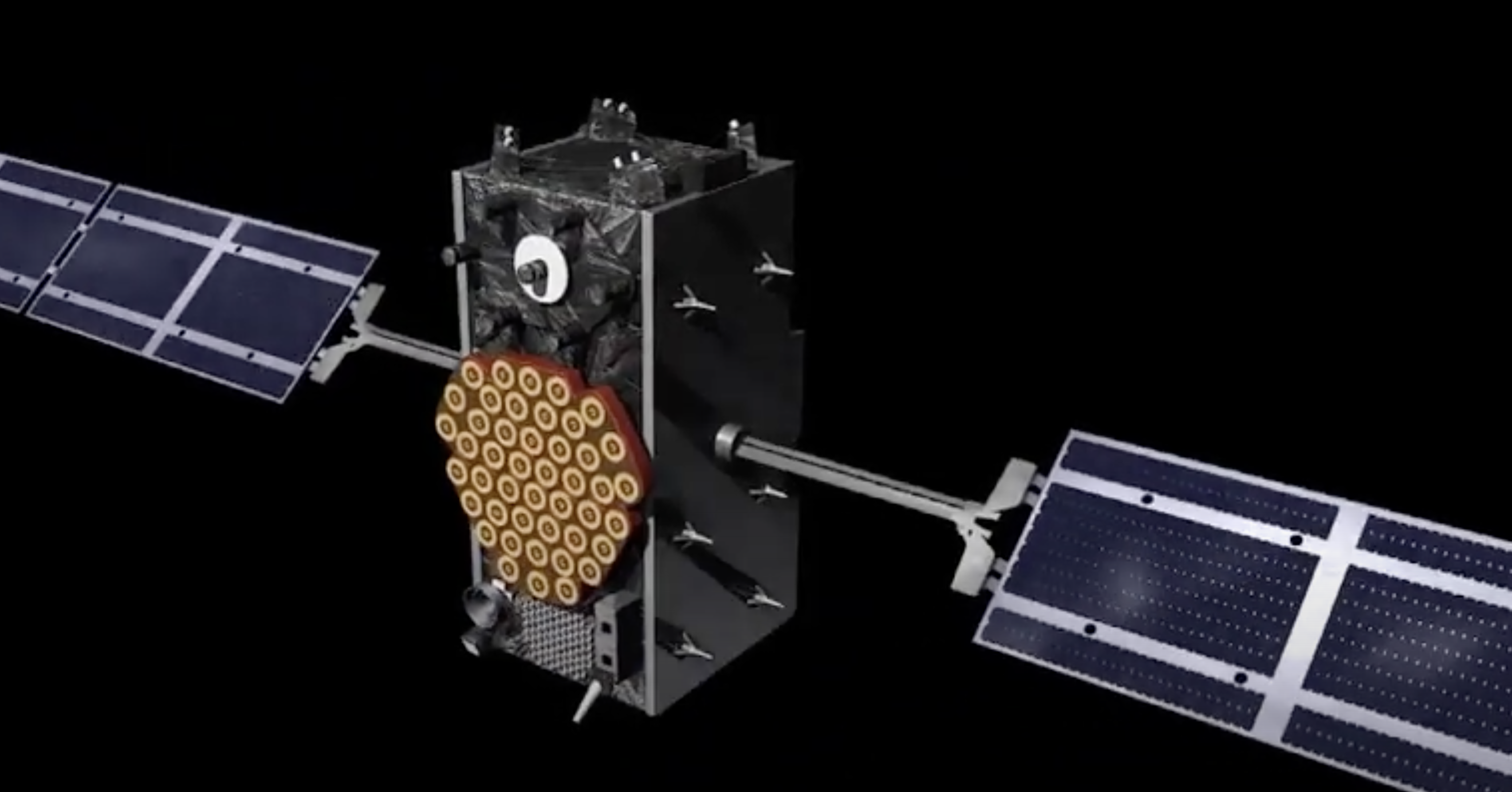14th ESA-JRC International Summer School on GNSS

date: 07/11/2023
See also: Website
The 14th International Summer School on Global Navigation Satellite System (GNSS), co-organised by the European Space Agency (ESA) and the JRC, took place this year in Kiruna, Sweden, thanks to the support of our local host, the Swedish National Space Agency. The event was also sponsored by GMV and Thales Alenia Space.
The objective of the school was to train the future generations of scientists and engineers to support the space programme and foster the development of a community of innovators in the domain of space-related applications. This year, 58 students participated, coming both from academy and the industry.
The summer school was designed to provide the attendees with a comprehensive overview on satellite navigation, starting from the architecture of the GNSS system, its signals, the measurements that can be derived from these signals and their processing in a receiver, to finally determine the position, velocity and timing (PVT) solution. New GNSS services as well as future satellite systems were also discussed.
In addition, lectures on intellectual property rights and patents, as well as on business aspects, were provided. As part of the course, the attendees were requested to take part in a group project, and to develop an innovative idea covering all aspects from the technical feasibility to the business plan and marketing strategy.
The lectures were given by internationally renowned scientists and specialists. Several practical exercises and laboratory sessions on GNSS signal processing were also carried out by the JRC, offering some hands-on experience. The JRC also provided lectures on the European GNSS, Galileo, in particular on a new data authentication service (OSNMA) and its evolution.
